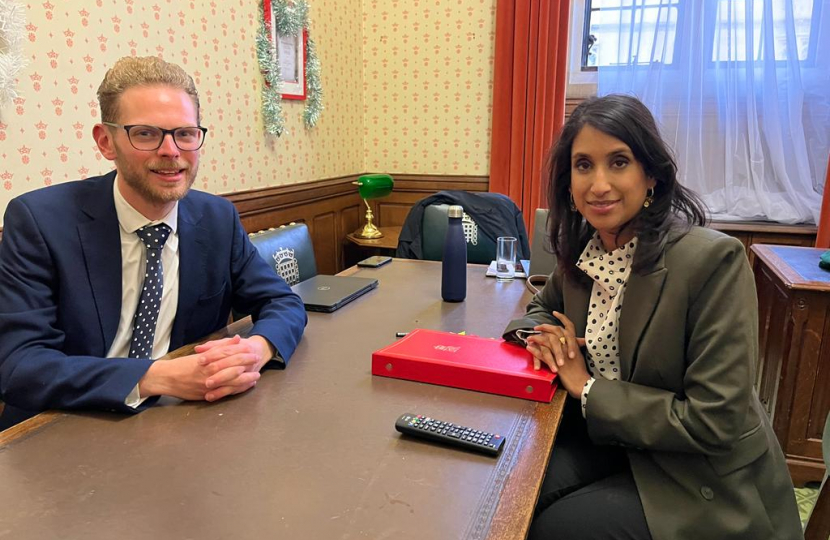
The Government has announced its plans to introduce a Carbon Border Adjustment Mechanism (CBAM) in response to a government consultation ‘Addressing carbon leakage risk to support decarbonisation’ which ran from 30 March 2023 to 22 June 2023.
The consultation sought views on a range of potential policy measures to mitigate carbon leakage risk in the future and ensure UK industry has the optimal policy environment to decarbonise.
Jack Brereton MP has previously raised concerns in Parliament about the risks to energy intensive industries like ceramics from too stringent and unrealistic nett-zero policies which could result in offshoring of industries and carbon leakage.
Jack Brereton MP said:
“I welcome the Government’s efforts to tackle carbon leakage and ensure UK industries like ceramics are not undercut by countries which have a far worse environmental and human rights record.
It is important that the Government now listens carefully to industry and representatives like UK Ceramics in designing the CBAM scheme. Importantly it should be delivered in a way that will truly help our homegrown British industries and avoids unnecessary bureaucracy.
The UK ceramics industry has already invested heavily in measures to increase efficiency and decarbonise. It is vital they are now further supported given the high energy costs and the need to decarbonise. I hope the Government will also seriously consider exempting the sector from the Emissions Trading Scheme (ETS), which would allow the sector the breathing space it needs to invest.”
The Government aims to implement a CBAM by 2027, applying a charge on the carbon emissions embodied in imports from the following sectors: aluminium, cement, ceramics, fertiliser, glass, hydrogen, iron and steel. The delivery of the CBAM will be subject to further consultation in 2024.
